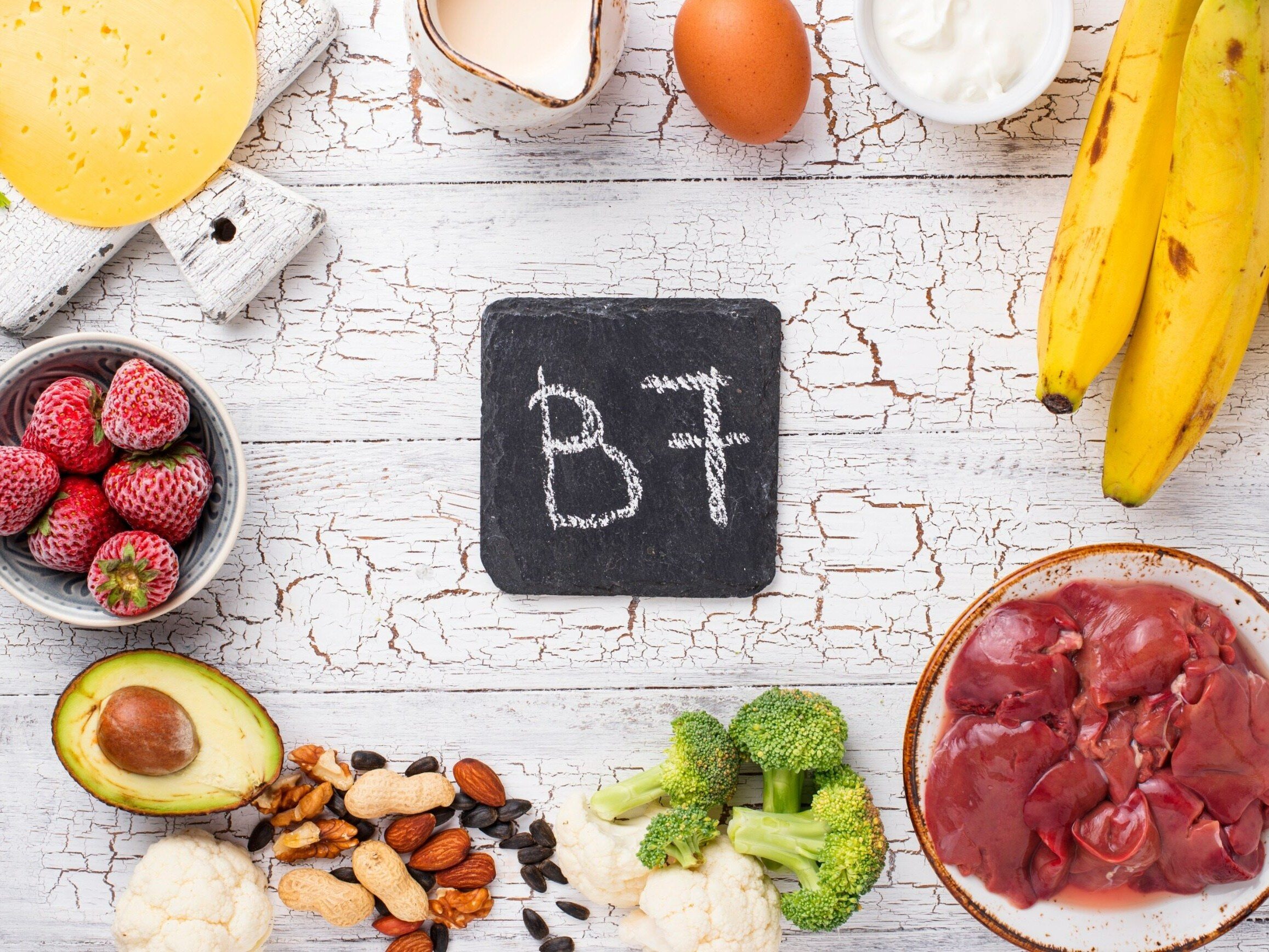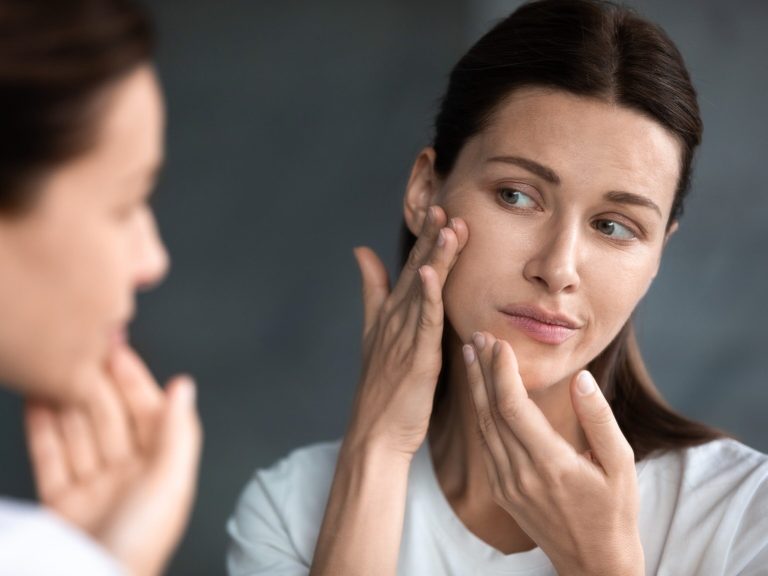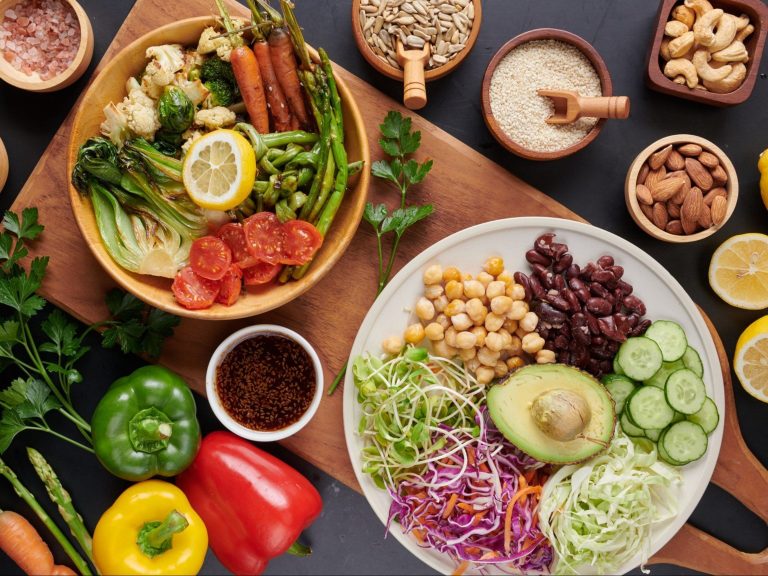This vitamin is essential for life. Learn about its roles in the body and the best sources

Biotin (also known as vitamin H or B7) is an extremely important nutrient for the body. It takes part in many metabolic processes. Find out what to eat to get biotin into your body.
Biotin is a water-soluble B vitamin that performs several key functions. These include:
-
Metabolism of carbohydrates, fats and proteins – biotin helps in the metabolism of these three main nutrients, which is important for providing the body with energy and building cells.
-
Supporting the healthy condition of skin, hair and nails – that’s why biotin is often used in nail care products; supports the processes of keratin formation and differentiation of epidermal, nail and hair cells.
-
Regulation of blood sugar levels – Biotin may help maintain stable blood glucose levels by supporting pancreatic function.
-
Supporting the nervous system – biotin helps people who are stressed and nervous.
Biotin deficiency and overdose
Many commonly consumed foods are sources of vitamin B7, so biotin deficiency is rare. Although they are exposed to it, among others: women taking oral contraception and people who use antibiotics for a long time. However, if we are afraid of excess biotin in the diet, we can rest assured because it is removed in the urine.
It is assumed that adults should take 50-100 micrograms of biotin every day. The average Pole consumes on average 30-40 micrograms of biotin a day.
Products that are a source of biotin
Rich sources of vitamin B7 are:
- beef liver – 100 grams contains as much as 100 micrograms of biotin,
- soybeans – 60 micrograms of biotin in 100 grams of the product,
- chicken egg yolk – 54 micrograms in 100 grams, but only boiled or fried egg yolk, because raw egg contains avidin (a protein that binds to biotin and hinders its absorption),
- Italian nuts – 37 micrograms of vitamin B7 per 100 grams.
Valuable sources of vitamin H are also fish (tuna, sardines), mushrooms, almonds and avocado. It is also worth mentioning that biotin is also synthesized to a small extent by bacteria present in the intestines.






